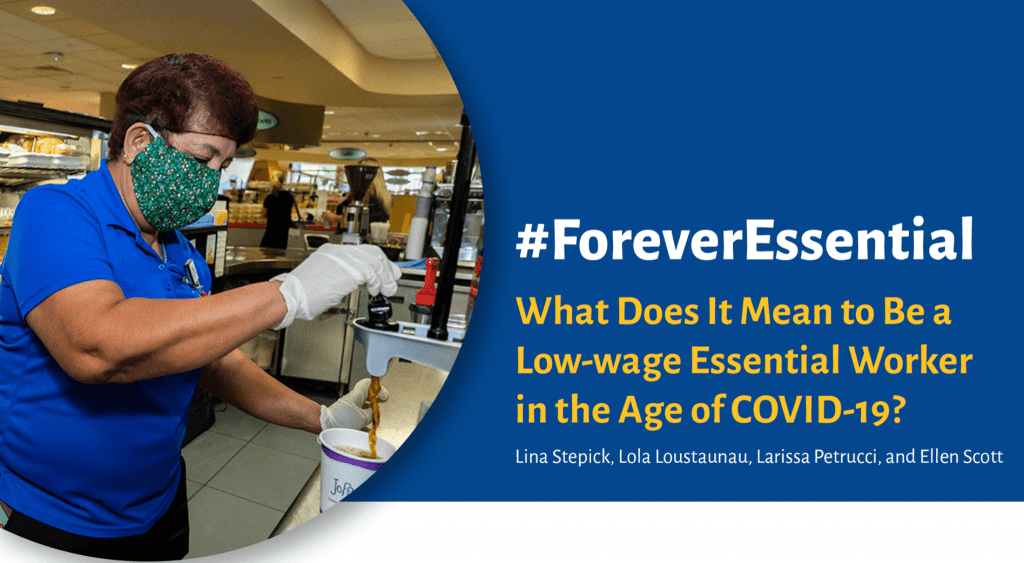Safety Voice for Ergonomics (SAVE): Evaluation of a masonry apprenticeship training program
Jennifer A. Hess, Laurel Kincl, Douglas L. Weeks, Amelia Vaughan, Dan Anton
Masons have high rates of strains and sprains, more than other construction trades. Viable solutions to these musculoskeletal injury hazards have been identified by industry stakeholders, yet in the past masons have received minimal ergonomics training to prevent such injuries. Apprentices and other younger workers have even higher rates of injury so it essential to provide them with ergonomics training and strategies to identify and speak up about safety issues on job sites. To fill this gap, our team developed the Safety Voice for Ergonomics (SAVE) training, a 7-unit, interactive video training with discussions, quizzes and activities that specifically address masonry ergonomic hazards and solutions. This training is available to download for free from the Center for Construction Research and Education.





